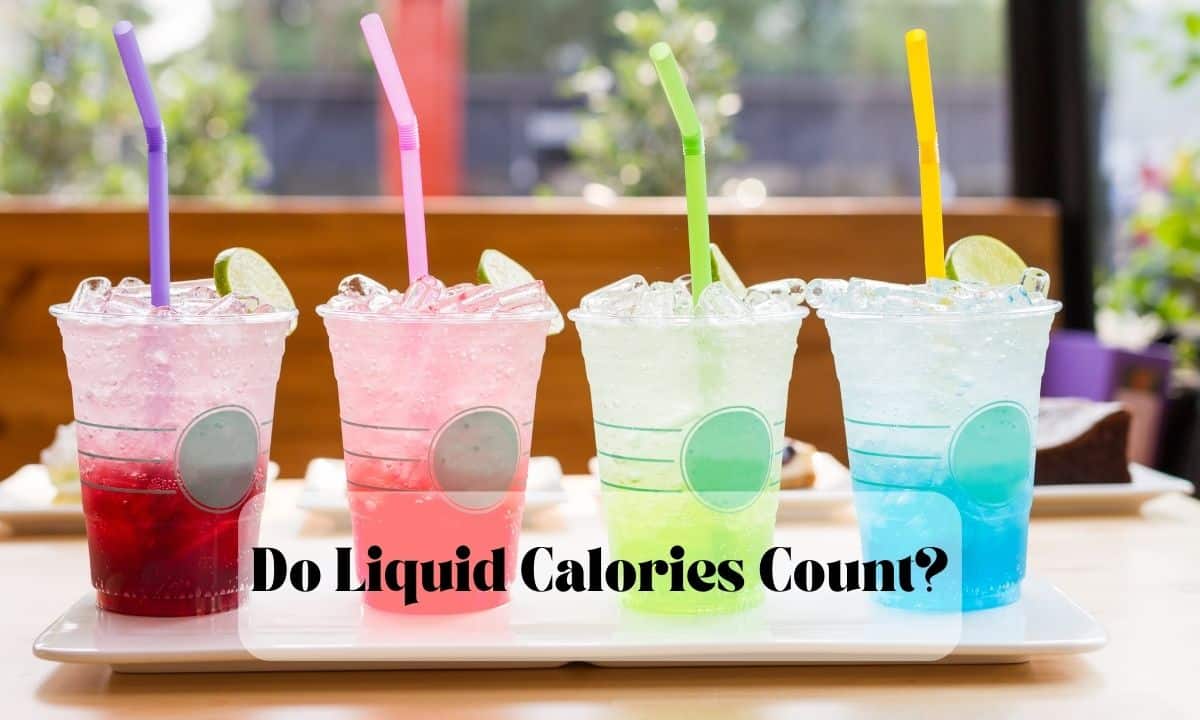Pouring Over the Truth: Do Liquid Calories Count?
Beverages can either make or break your weight loss goals. One important question that often arises when it comes to drinks is whether liquid calories count.
Table of Contents
ToggleLiquid calories are those that are consumed in the form of drinks like soda, sports drinks, juices, smoothies, milk, coffee drinks, and alcohol. These drinks are frequently high in sugar, which can lead to weight gain.
In this blog post, we will explore whether liquid calories count and their effect on weight gain.
Yes, Liquid Calories Count
Liquid calories do count and can contribute to weight gain. Prepared beverages frequently contain added sugars, which are high in calories.
For example, one 20-ounce soda contains 240 calories and 65 grams of sugar. In comparison, 2 Reese’s peanut butter cups have 180 calories and 22 grams of sugar.
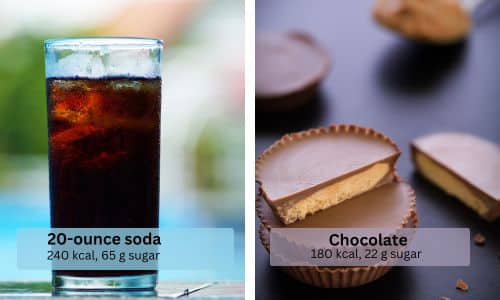
Are you shocked? Here’s another example. If you have a glass of wine a day (5 ounces), you will drink 45,625 calories in a year. This is using an average of 125 calories per glass, but different wines might have slightly more or less.
Not All Liquid Calories are Equal
Some beverages can be high in nutrients and low in sugar. These fluids include milk, plant-based milk alternatives, and green smoothies with no added sugar.
The calories in these drinks will still count, but they also can provide essential nutrients while not overloading you with sugar. They also provide nutrients that make you feel satisfied.
These types of options can fit well into a healthy diet. In fact, a well-thought drink can help you achieve your health and weight loss goals.
Sugar-Sweetened Beverages
When you consume liquid calories, they won’t fill you up in the same way that solid food does. Liquids do not provide the same sensation of fullness.
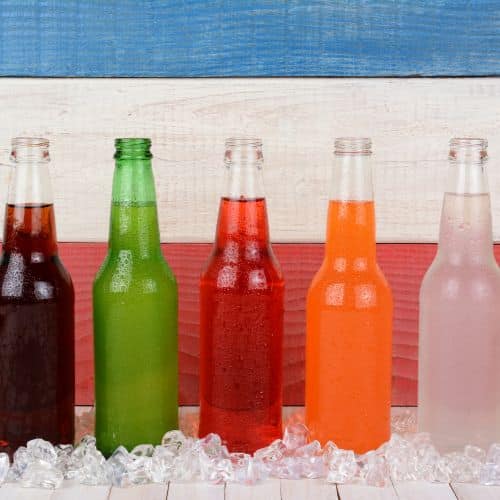
This means that you could consume a few hundred calories from drinks without feeling full, leading you to consume more than you need.
Think about it — you can easily finish a large soda with a full meal.
Moreover, many of these drinks are sweetened with fructose, which fails to curb your hunger. Fructose is metabolized differently than glucose, potentially contributing to weight gain more than other types of sugar.
Read: Will Cutting Out Soda Make You Lose Weight?
Alcoholic Beverages
Beyond the liquid calories that alcohol provides, it can lead to weight gain for several reasons.
Your body metabolizes alcohol before other nutrients, meaning that the calories from alcohol can’t be used efficiently for energy and are stored as fat instead.
In addition, alcohol is often drunk with high-calorie additions like fruit juice or soda, leading to even more liquid calories consumed.
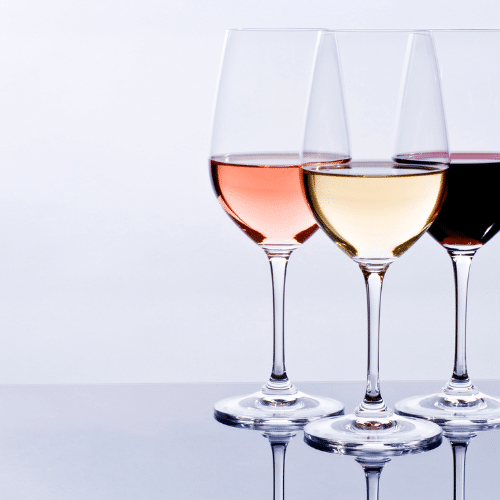
Finally, drinking alcohol can make it harder to control your food portion sizes and resist cravings.
Read: Unveiling the Truth: Does Alcohol Make You Gain Weight?
Fruit Juices
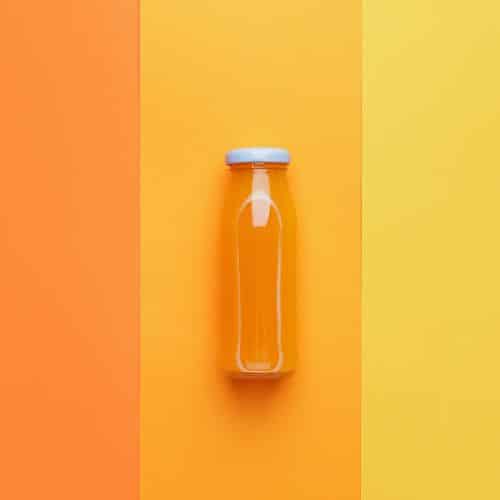
Fruit juice can be perceived as a healthy option, but these drinks can contain a lot of sugar.
As an example, according to USDA food data central, one cup of orange juice has 112 calories and 23 grams of sugar.
If it is 100% fruit juice, it will provide important nutrients such as vitamin C. But if it’s not 100% juice, you may be consuming added sugars. What’s more, it might not provide the same satisfaction as eating the fruit.
Read: Is Fruit Juice Good For You?
Liquid Calories: Impact on Health and Weight
The amount of calories you consume through liquid sources can add up quickly.
It’s important to stay mindful of the types and amounts of liquids you are consuming, as they can have a direct impact on your health and weight.
It’s also important to pay attention to portion size and frequency of consumption as well as nutrient density when deciding what liquids will best fit your dietary goals.
The Bottom Line
In conclusion, while liquids can be an enjoyable and necessary part of our daily intake, it’s critical to be mindful of what and how much we’re consuming. Liquid calories — particularly those found in sweetened beverages — can significantly contribute to weight gain and other health issues.
By choosing beverages wisely, preferring water and unsweetened drinks, and being aware of portion sizes, we can maintain a healthier diet and lifestyle. Remember, every sip counts!

Dr. Su-Nui Escobar, a Registered Dietitian/Nutritionist in Miami, FL, is dedicated to empowering women in perimenopause and menopause to live healthier, more satisfying lives.
With a doctorate in clinical nutrition from the University of North Florida, she has expertise in menopause and weight loss, including the unique challenges faced by those on weight loss medications.
Su-Nui’s passion for her field is evident in her previous role as the Academy of Nutrition and Dietetics spokesperson.

